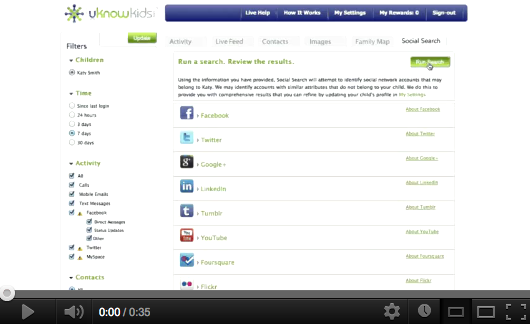

Although Facebook and MySpace might be the sites that first come to mind when I say “social network,” it's really more than just that. Lots of big, popular places that your tween or teens visits frequently are actually social networks, and the same kids safety rules and precautions need to apply.
Social networking is any web-based platform that allows users to connect or interact with each other in some way. Understanding that, look beyond just Facebook and think about what other sites fall under that definition.
If you think it fits a lot of sites, you're right. Most users like to have the ability to interact with each other when they're online – hence the option to leave a comment below online news stories, for example – and many sites now offer social networking in one form or another, even if that's not their primary service.
So what does that mean? Social networks can be anything, from YouTube to Xbox live to Club Penguin. If you want to search across the most popular social networks to see if your child may have a profile there, check out uKnowSearch here and sign up for uknowkids today to find out where your child has a social network.
Do people need to register to use the site?If you aren't sure whether the sites your child frequents are social networks or not, take a look at the site's main page and ask yourself:
-
Do users have a profile on the site?
-
Can people use the site to interact with each other somehow?
Words like “community,” “group,” “friends,” or “web” are all signals of a social network, even if a site doesn't label itself that way.
If your child is online, chances are that he or she is using at least one site with social networking capabilities. Make sure kids understand the importance of protecting their personal information, using discretion in their posts, and steering clear of strangers online for their own safety.
-Article contributed by Jenny Evans



